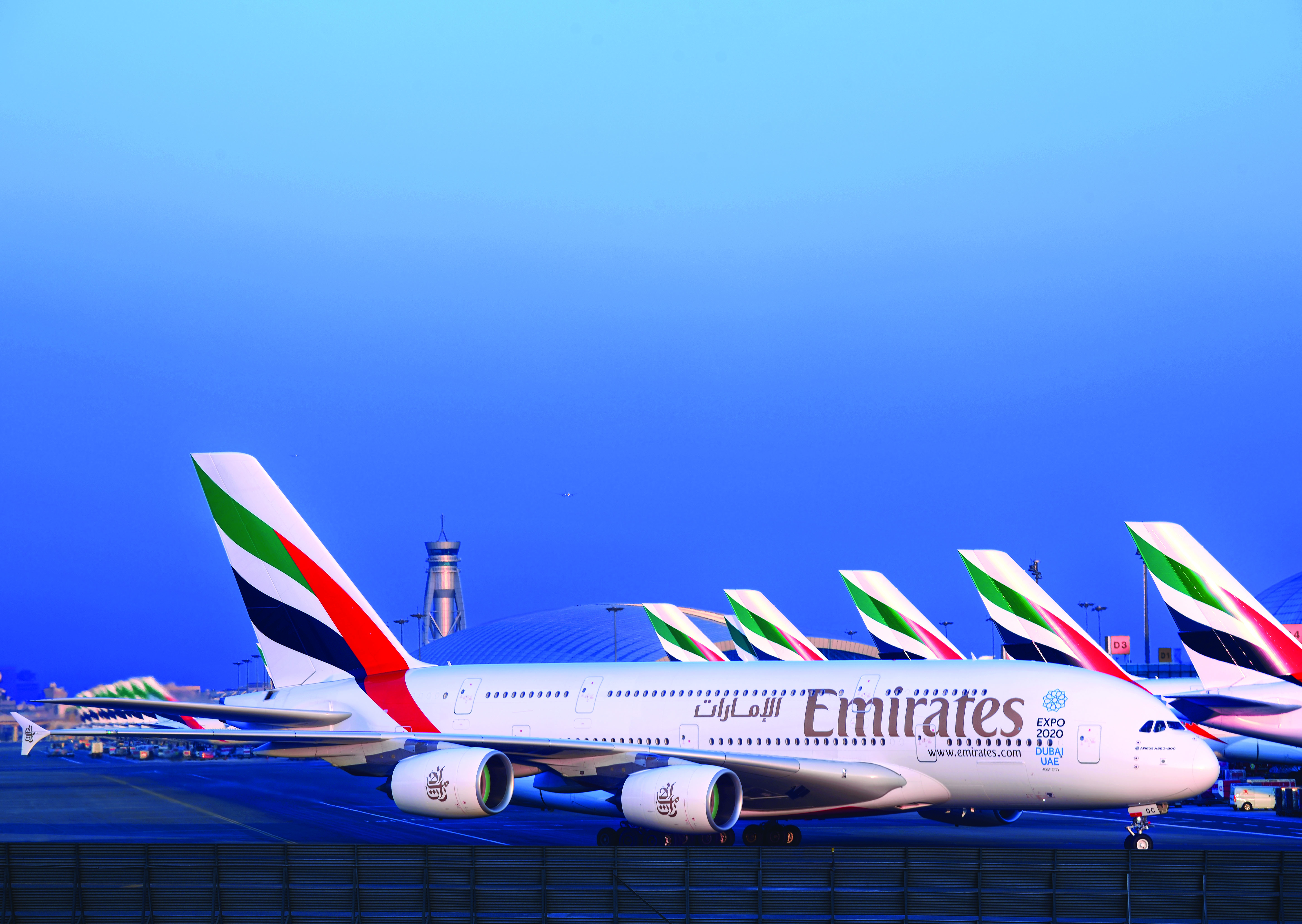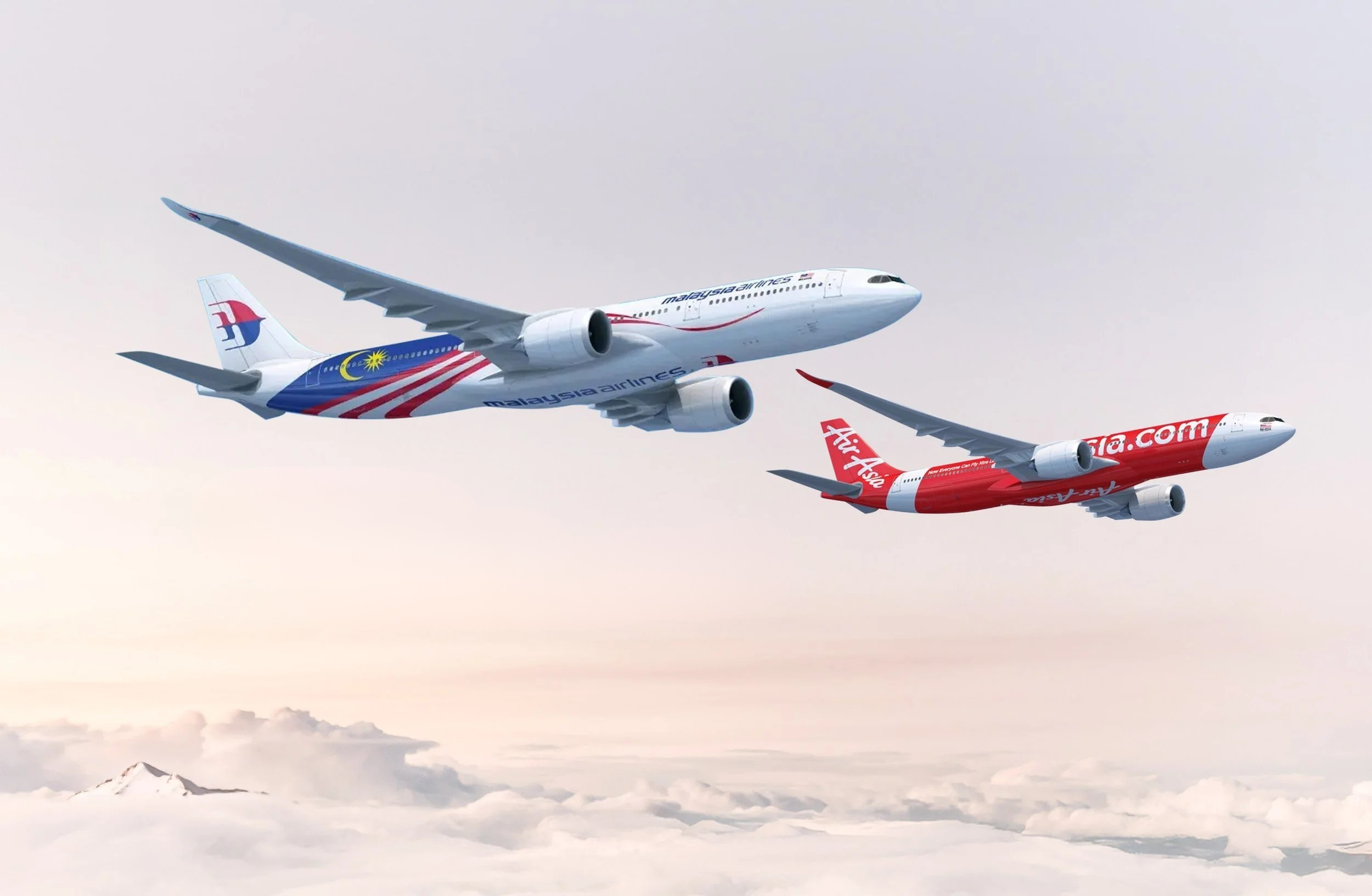Malaysian entrepreneur Tony Fernandes has predicted troubled AirAsia X will emerge from the COVID crisis as a strong medium-haul operator in South-East Asia.
The longer-haul low-cost carrier was hit hard by COVID-19 AirAsia, losing $US$73.3 million in the quarter ending September.
In October, it warned it was facing a liquidity crisis and proposed a major debt restructuring involving $US15.3 billion of unsecured debt.
READ: Virgin boss predicts low fares here to stay in market share battle.
The proposed debt resettlement and waiver were designed to let the airline address its debt obligations in an orderly manner and arrive at a structure that could be serviced from operating cash flows.
It is also being sued by BOC Aviation for $US23.4m for breaching aircraft leases.
But Fernandes told a CAPA Centre for Aviation webinar Wednesday AirAsia X was needed as a medium-haul carrier in Asia.
He said it was never meant to be a long-haul airline although a couple of routes, such as London, would have been great to fly from a marketing standpoint.
“But really the bulk of the model is five to eight hours,’’ he said. “That’s the sweet spot.”
Fernandes said AirAsia X had been constrained by irrational, state-subsided competition that allowed airlines that did not have the low-cost carrier's cost structure to offer cheaper fares.
But now he believed the model was right.
COVID meant that all airlines, whether government-owned or private, had to behave sensibly and that gave AirAsia X an ability to restructure some of its costs.
“The costs were high because we were always raising cash and we had very high sale-and-leasebacks.
“So I think given the approval of a restructuring, this airline will come back very strongly and contribute.”
The AsiaAsia founder said new aircraft coming from Boeing and Airbus, such as the Airbus A321LR, further changed the economics for AirAsia X.
“And so I’m even more convinced we’re on the right track,’’ he said.
More generally, he was confident of strong pent-up demand for flights in the region.
Domestic, which was about half of the wider AirAsia group's business, was doing well while he expected international to start opening up over the next six months — between March and June — “at various levels”.
He said vaccines would take a while to flow through to populous South-East Asian countries such as Indonesia but were a confidence booster.
While Singapore would be quick to vaccinate, he estimated it would take the best part of a year to get everyone in the region vaccinated.
He also agreed with Qantas chief executive Alan Joyce that vaccination certificates would become a necessity for flying, although he noted it was governments rather than airlines that would make this decision.
He pointed to previous restrictions requiring yellow medical certificates showing vaccinations for diseases such as yellow fever.
“I do foresee governments saying you have to be vaccinated because I think that’s happened in other times and other parts of the world over the course of this century,’’ he said.
He said testing would also be an important factor and AirAsia was working with researchers on tests that would allow people to breathe into an apparatus and reveal whether someone had COVID within 30 seconds.
“That’s going to be a game-changer for tourism and the airline industry,’’ he said, adding there was not enough talk about testing.
Another factor was therapeutics such as those taken by outgoing US President Donald Trump.
“Countries are desperate to open and people are going find ways of opening up,’’ he said. “So I think March may be a good time when you begin to see some borders opening up. Obviously, Singapore will be in the lead in my opinion.”
Have questions or want to share your thoughts?
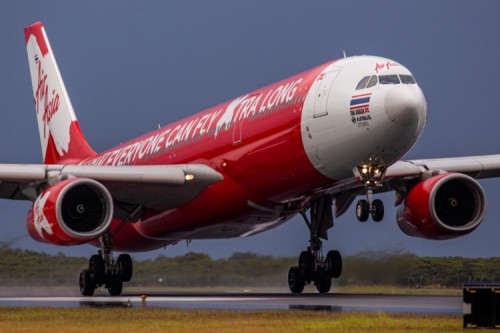
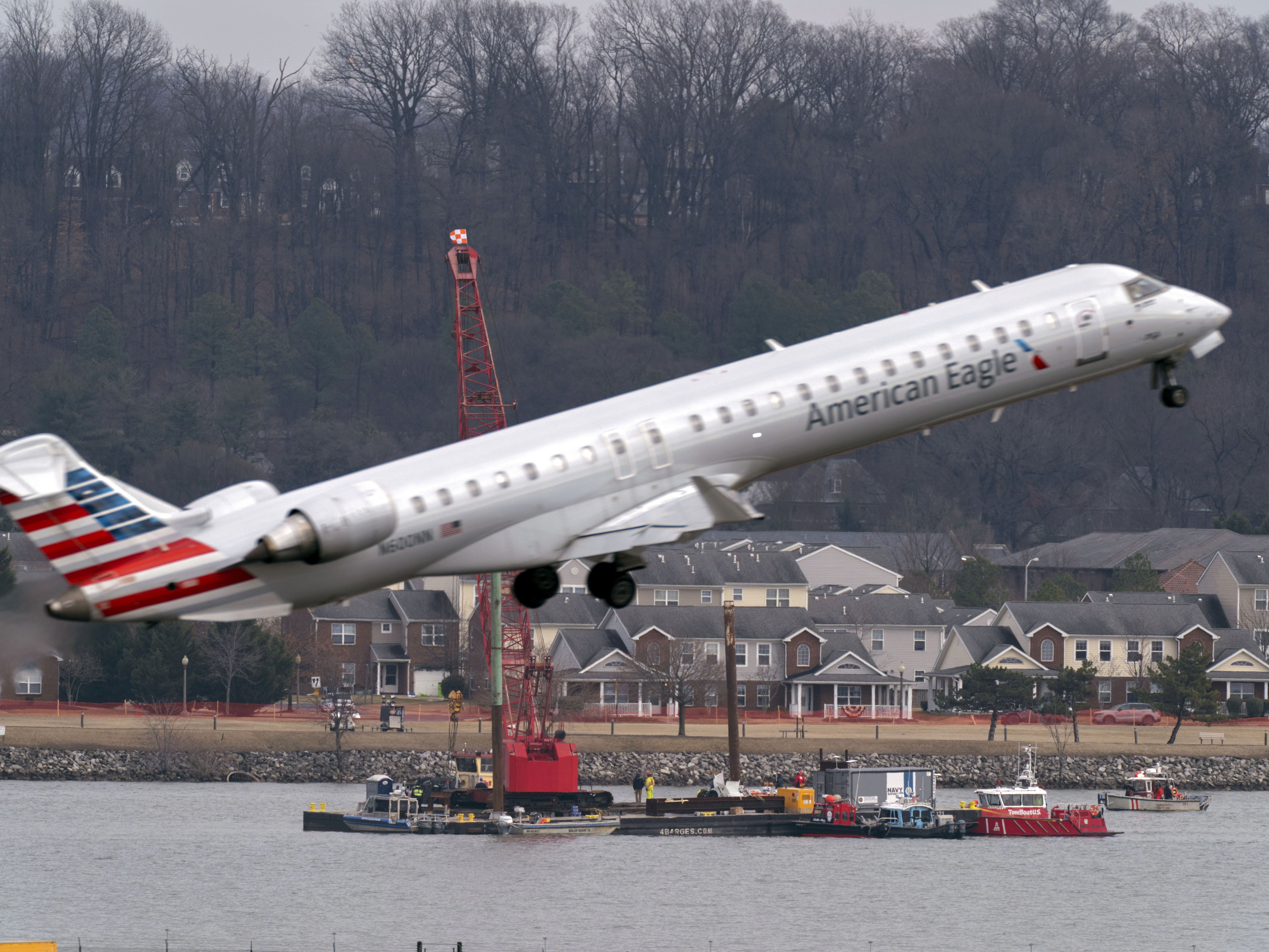
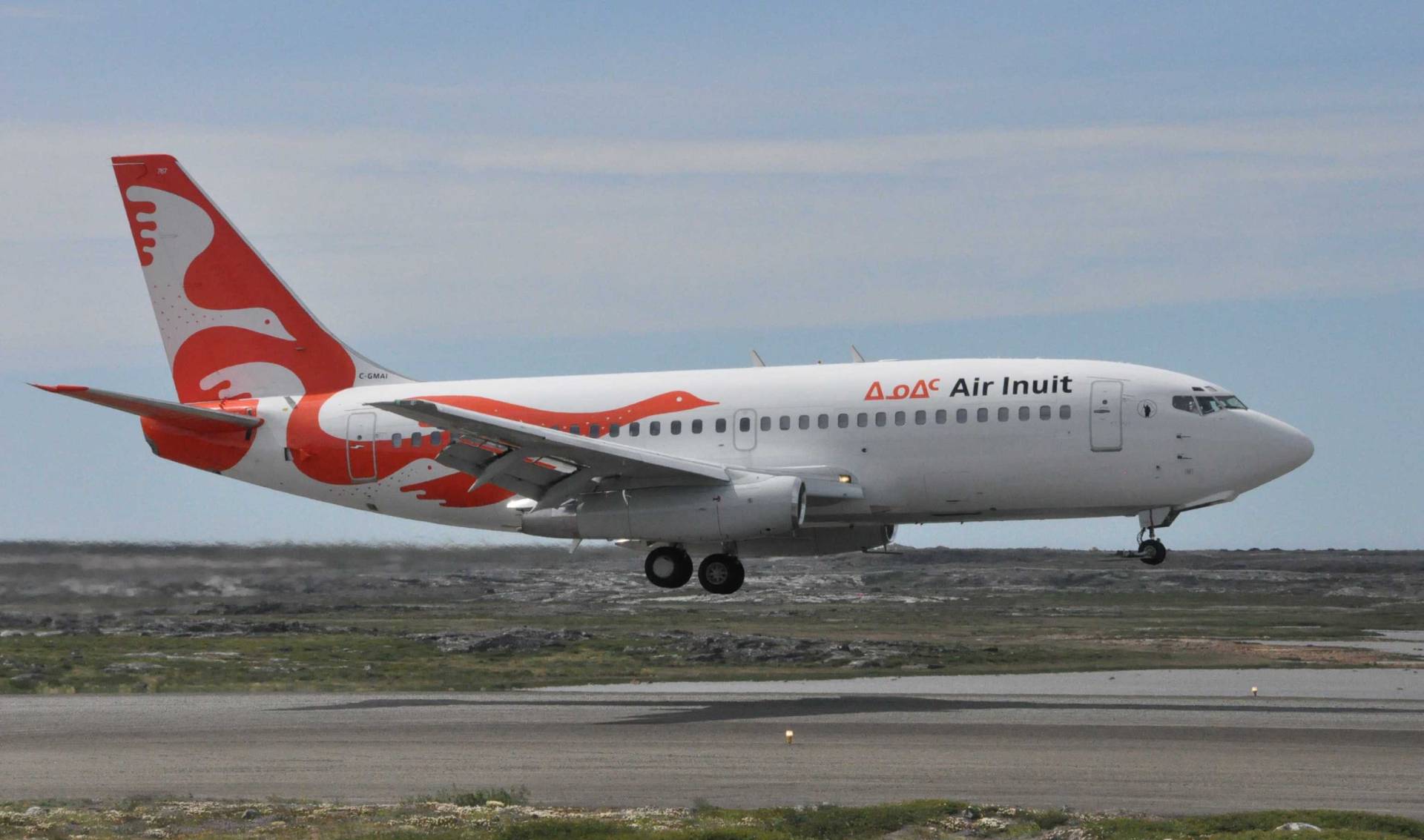
.jpg)
